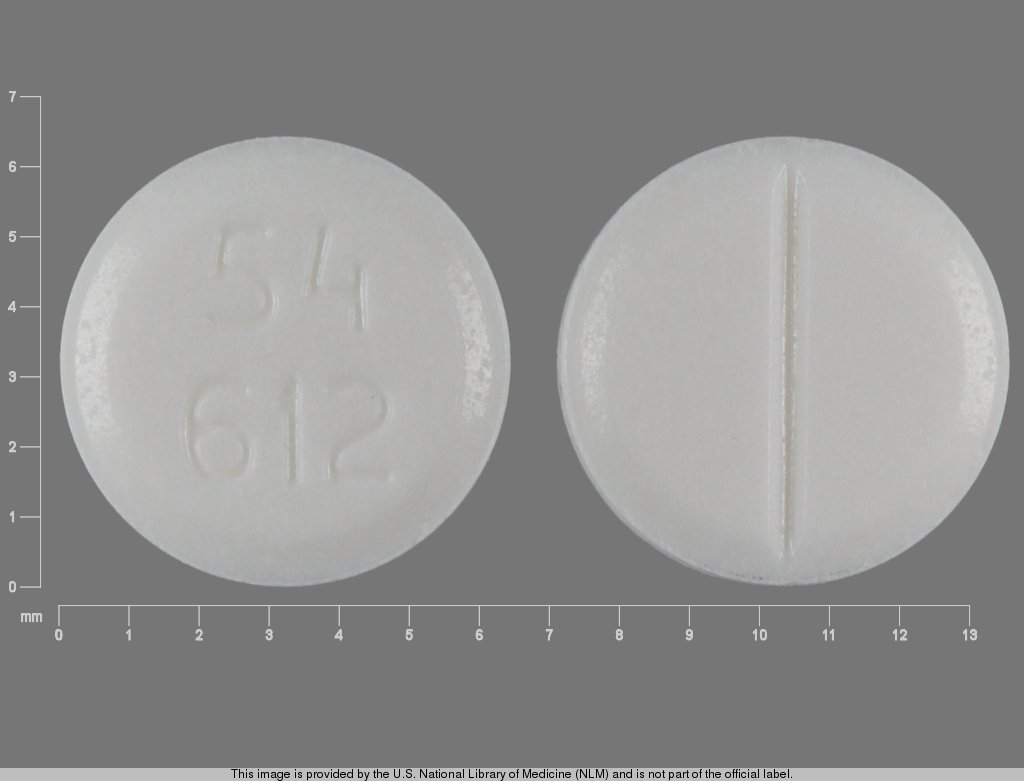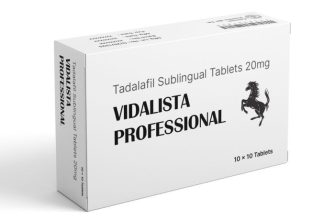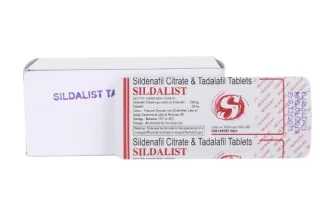Always follow your doctor’s instructions precisely. Prednisone 5 mg tablets are potent medication, and incorrect usage can lead to serious side effects. Dosage and treatment duration are personalized, varying depending on your specific condition and response to treatment.
Common uses include managing inflammation in conditions like asthma or arthritis. Remember that Prednisone is a corticosteroid; it doesn’t address the underlying cause of the inflammation but effectively reduces symptoms. You should discuss long-term management strategies with your physician.
Potential side effects include increased appetite, weight gain, mood changes, and sleep disturbances. Report any unusual symptoms immediately to your doctor. Gradual tapering of the dosage under medical supervision is crucial when stopping treatment to minimize withdrawal effects. Never abruptly stop taking Prednisone.
Store your medication in a cool, dry place, away from direct sunlight and moisture. Keep it out of reach of children and pets. Before starting Prednisone, inform your doctor about all other medications you are taking, including over-the-counter drugs and supplements, to avoid potential drug interactions. This proactive approach ensures safe and effective treatment.
- Prednisone 5 mg Tablets: A Comprehensive Guide
- Understanding Prednisone 5mg
- Potential Side Effects
- Dosage and Administration
- Medication Interactions
- Monitoring Your Health
- Specific Precautions
- Storage and Disposal
- Disclaimer:
- What is Prednisone 5 mg and How Does it Work?
- How Prednisone 5mg Affects Your Body
- Important Considerations
- Common Uses of Prednisone 5 mg Tablets
- Conditions Treated with Prednisone 5mg
- Potential Side Effects of Prednisone 5 mg
- Common Side Effects
- Less Common, but Serious, Side Effects
- Precautions and Drug Interactions with Prednisone 5 mg
- Potential Drug Interactions
- Precautions
- Reporting Side Effects
- Proper Dosage and Administration of Prednisone 5 mg
- When to Consult a Doctor Regarding Prednisone 5 mg
- When to Schedule a Follow-Up Appointment
- Specific Concerns
Prednisone 5 mg Tablets: A Comprehensive Guide
Always follow your doctor’s instructions precisely. Prednisone is a potent corticosteroid, and incorrect usage can lead to serious health issues. Never adjust your dosage without consulting your physician.
Understanding Prednisone 5mg
Prednisone 5mg tablets are a common dosage for managing various inflammatory conditions. They work by suppressing the immune system, reducing inflammation and swelling. Common uses include managing allergies, asthma, autoimmune diseases (like lupus and rheumatoid arthritis), and certain cancers.
Potential Side Effects
Be aware of potential side effects, including weight gain, increased appetite, mood changes (irritability, anxiety, depression), fluid retention, high blood pressure, and increased risk of infections. These effects vary greatly depending on the dosage and duration of treatment. Report any concerning symptoms to your doctor immediately.
Dosage and Administration
Your doctor will determine the correct dosage and duration based on your individual needs and condition. Typically, Prednisone is taken orally, usually with food to minimize stomach upset. Tapering off Prednisone is crucial to avoid withdrawal symptoms. Never abruptly stop taking Prednisone without your doctor’s guidance.
Medication Interactions
Inform your doctor about all medications, supplements, and herbal remedies you’re taking, as Prednisone can interact with other drugs. This is particularly important with blood thinners, diabetes medications, and other immunosuppressants.
Monitoring Your Health
Regular checkups with your doctor are necessary while taking Prednisone. They will monitor your progress, assess potential side effects, and make adjustments to your treatment plan as needed. Blood tests may be required to monitor your blood sugar, blood pressure, and overall health.
Specific Precautions
Prednisone is generally not recommended for pregnant or breastfeeding women unless the benefits clearly outweigh the potential risks. Individuals with a history of certain conditions, such as ulcers, glaucoma, or osteoporosis, should be especially cautious.
Storage and Disposal
Store Prednisone 5mg tablets in a cool, dry place away from direct sunlight and moisture. Discard any expired medication properly, following your local pharmacy’s guidelines for safe disposal.
Disclaimer:
This information is for educational purposes only and does not constitute medical advice. Always consult your doctor or other qualified healthcare provider for any questions you may have regarding a medical condition or treatment and before undertaking a new health care regimen.
What is Prednisone 5 mg and How Does it Work?
Prednisone 5 mg is a corticosteroid medication. It reduces inflammation and suppresses your immune system. Your body naturally produces similar hormones, but Prednisone provides a significantly higher dose to manage various conditions. This medication works by binding to receptors in your cells, triggering changes that decrease inflammation. This effect helps alleviate symptoms in conditions like allergies, asthma, and autoimmune diseases.
How Prednisone 5mg Affects Your Body
Prednisone influences numerous bodily functions. It reduces swelling, redness, and itching associated with inflammation. It also suppresses the immune response, which can be beneficial for autoimmune disorders where the body attacks its own tissues. However, this immunosuppression also makes you more susceptible to infections. The specific effects depend on the dosage and duration of treatment. Always follow your doctor’s instructions precisely.
Important Considerations
Prednisone has potential side effects, including increased blood sugar, weight gain, mood changes, and increased risk of infections. Long-term use can lead to more serious complications. Your doctor will carefully monitor your progress and adjust your dosage as needed. Never stop taking Prednisone suddenly without consulting your physician. Always report any new or worsening symptoms immediately.
Common Uses of Prednisone 5 mg Tablets
Prednisone 5 mg tablets primarily treat inflammatory conditions. Doctors frequently prescribe them for allergies, reducing swelling and inflammation from allergic reactions. They’re also helpful in managing autoimmune diseases like rheumatoid arthritis, easing joint pain and stiffness.
Conditions Treated with Prednisone 5mg
Beyond allergies and rheumatoid arthritis, these tablets effectively manage inflammatory bowel disease (IBD), reducing flare-ups of Crohn’s disease and ulcerative colitis. They also find use in treating certain types of lupus, reducing inflammation and managing symptoms. Additionally, prednisone can manage asthma exacerbations, providing relief from breathing difficulties. Doctors sometimes use it for skin conditions such as severe eczema and psoriasis, decreasing inflammation and itching. Finally, it aids in managing severe cases of psoriatic arthritis.
Remember: Prednisone is a powerful medication with potential side effects. Always follow your doctor’s instructions carefully and discuss any concerns.
Potential Side Effects of Prednisone 5 mg
Prednisone, even at a low dose like 5mg, can cause side effects. These vary from person to person, and some individuals experience no noticeable effects. However, awareness is key.
Common Side Effects
Expect potential increases in appetite leading to weight gain. You might also notice mood changes, including irritability, anxiety, or insomnia. Fluid retention can cause swelling in your legs or ankles. Increased blood sugar is also possible, particularly if you have diabetes. Be mindful of potential headaches and stomach upset as well.
Less Common, but Serious, Side Effects
While less frequent, more serious side effects warrant immediate medical attention. These include increased risk of infection due to suppressed immunity, high blood pressure, and bone thinning (osteoporosis) with prolonged use. Vision changes, such as cataracts or glaucoma, are also potential long-term concerns. Report any significant changes in your health immediately to your doctor.
This information is for educational purposes only and does not replace professional medical advice. Always discuss potential side effects and your individual risk factors with your physician before starting or altering any medication regimen.
Precautions and Drug Interactions with Prednisone 5 mg
Always inform your doctor about all medications you take, including over-the-counter drugs, herbal supplements, and vitamins. Prednisone can interact with many medications.
Potential Drug Interactions
- Nonsteroidal anti-inflammatory drugs (NSAIDs): Combining Prednisone with NSAIDs like ibuprofen or naproxen increases your risk of stomach ulcers and bleeding. Your doctor might suggest alternative pain relievers.
- Warfarin (Coumadin): Prednisone can decrease the effectiveness of warfarin, increasing the risk of blood clots. Regular blood tests are necessary to monitor your INR.
- Digoxin: Prednisone can increase the levels of digoxin in your blood, potentially leading to toxicity. Your doctor will closely monitor your digoxin levels.
- Diabetes medications: Prednisone can raise blood sugar levels, requiring adjustments to your diabetes medication. Monitor your blood sugar carefully.
- Potassium-sparing diuretics: Prednisone can interact with these diuretics, potentially causing dangerously high potassium levels. Your doctor will monitor your potassium levels.
Precautions
- Infections: Prednisone weakens your immune system, making you more susceptible to infections. Avoid contact with sick individuals and report any signs of infection immediately.
- High blood pressure: Prednisone can increase blood pressure. Regular monitoring is crucial, and your doctor may prescribe medication to manage it.
- Osteoporosis: Long-term use of Prednisone can weaken bones. Discuss bone density testing and potential preventative measures with your doctor.
- Glaucoma and cataracts: Prednisone may increase intraocular pressure, worsening glaucoma or cataracts. Regular eye exams are recommended.
- Mental health: Prednisone can cause mood swings, anxiety, or depression. Seek immediate medical attention if you experience severe mental health changes.
- Sudden withdrawal: Never stop taking Prednisone abruptly. Gradual tapering under your doctor’s supervision is necessary to avoid potentially serious withdrawal symptoms.
Reporting Side Effects
Report any unusual side effects to your doctor immediately. This allows for prompt management and ensures your safety.
Proper Dosage and Administration of Prednisone 5 mg
Always follow your doctor’s instructions precisely. Your prescribed dosage and duration depend entirely on your individual needs and medical condition. Never adjust your dosage without consulting your physician.
Prednisone 5 mg tablets are typically taken once or twice daily, with or without food. Your doctor will specify the best time of day for you, often recommending a morning dose to minimize potential sleep disturbances.
Swallow the tablets whole with a full glass of water. Do not crush, chew, or break the tablets.
| Dosage Schedule Example | Notes |
|---|---|
| One 5 mg tablet daily | This is a common starting dose for some conditions. |
| Two 5 mg tablets daily | May be prescribed for more severe conditions, or as a higher initial dose. |
| Tapering Schedule | Your doctor will likely gradually reduce your dosage over time to minimize withdrawal symptoms. |
Missed Dose: If you forget a dose, take it as soon as you remember unless it’s almost time for your next dose. Do not double the dose to make up for a missed one.
Storage: Store Prednisone tablets in a cool, dry place, away from moisture and direct sunlight, as instructed on the label.
Side Effects: Prednisone can cause various side effects. Report any unusual symptoms to your doctor immediately.
When to Consult a Doctor Regarding Prednisone 5 mg
Contact your doctor immediately if you experience any of the following:
- Severe allergic reaction (difficulty breathing, swelling of face, lips, tongue, or throat).
- Sudden weight gain.
- Increased thirst or urination.
- Muscle weakness or pain.
- Vision changes.
- Severe headaches.
- Easy bruising or bleeding.
- Persistent or worsening nausea and vomiting.
- Signs of infection (fever, chills, persistent cough or sore throat).
- Unusual mood changes or irritability.
- Severe stomach pain.
When to Schedule a Follow-Up Appointment
Schedule a follow-up appointment with your doctor for regular monitoring of your progress. This allows for adjustments to your dosage or treatment plan as needed.
- Your doctor will check your blood pressure and weight at regular intervals.
- Blood tests may be ordered to monitor blood sugar levels and other vital functions.
- Discuss any side effects you are experiencing with your physician.
- Plan for a gradual tapering off of Prednisone to minimize withdrawal symptoms.
Specific Concerns
Don’t hesitate to contact your doctor if you have concerns about specific symptoms or interactions with other medications. Your doctor can provide personalized advice based on your individual health condition.





